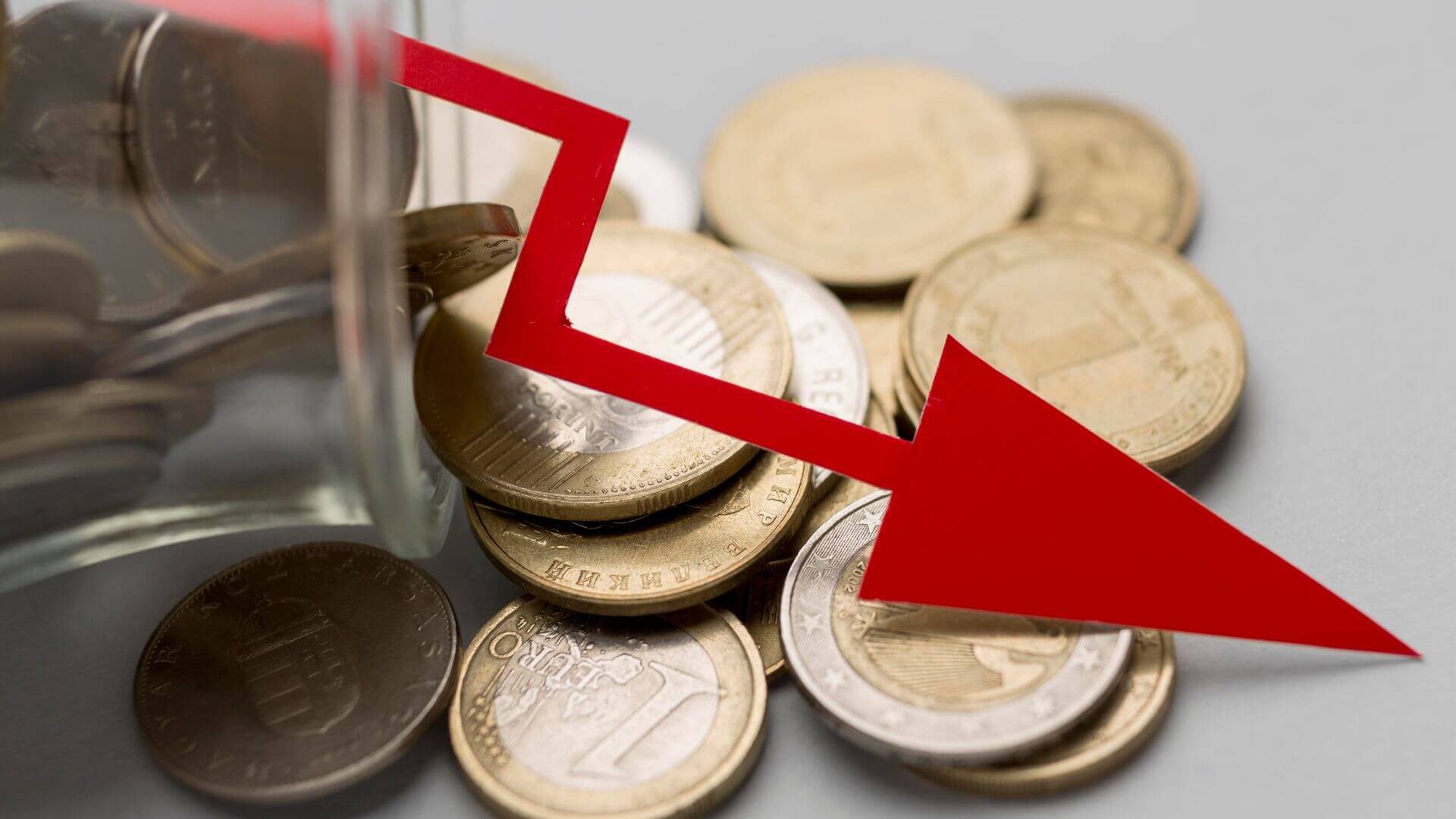
Trading During Economic Crises: Strategies
Economic crises create uncertainty and heightened volatility in financial markets. While these conditions can be challenging, they also present unique opportunities for proprietary traders who know how to adapt. By implementing the right strategies, prop traders can protect their capital and capitalize on market inefficiencies.
This guide explores key strategies for trading during economic downturns and how to navigate high-risk market environments effectively.
Understanding Market Behavior During Economic Crises
Economic crises, such as recessions or financial crashes, trigger widespread market instability. These periods are often characterized by:
- Increased volatility across asset classes
- Sharp declines in equities and risk assets
- A shift towards safe-haven investments like gold and government bonds
- Central bank interventions and stimulus measures
For an in-depth look at trading during recessions, check out Pepperstone’s guide.
Key Trading Strategies for Economic Crises
- Prioritize Risk Management
During crises, markets can experience extreme fluctuations, increasing the risk of sudden losses. Proper risk management is essential to survive and thrive in these conditions.
- Reduce leverage to limit exposure.
- Use stop-loss orders to manage downside risk.
- Diversify trades to avoid overexposure to a single asset.
Learn more about risk management during recessions from CAPEX Academy.
- Trade Defensive and Safe-Haven Assets
During economic downturns, investors often shift capital into assets that tend to perform well in crisis conditions.
Best Safe-Haven Assets for Prop Traders
- Gold and Precious Metals – Traditionally strong during market uncertainty.
- US Treasuries – Low-risk government bonds provide stability.
- Swiss Franc (CHF) and Japanese Yen (JPY) – Currencies that often strengthen during crises.
For additional strategies, visit XTB’s guide on investing during a crisis.
- Look for Market Overreactions
Economic crises often lead to excessive panic selling and irrational market behavior. Skilled traders can take advantage of these overreactions by:
- Identifying Oversold Stocks – Strong companies with solid fundamentals may be temporarily undervalued.
- Shorting Overinflated Assets – Some assets may rise too quickly due to speculation and then collapse.
- Using Mean Reversion Strategies – Markets often correct exaggerated price movements.
For insights on investment strategies during recessions, check out Investopedia’s expert guide.
- Focus on High-Volatility Trading Opportunities
While increased volatility poses risks, it also creates potential for short-term trading profits. Prop traders can utilize:
- Breakout Trading – Capitalizing on large price movements after major news events.
- Momentum Trading – Following the trend in highly liquid assets.
- Options Trading – Using options to hedge risks while benefiting from volatility spikes.
- Adapt to Central Bank Policies and Economic Stimulus Measures
Government and central bank interventions often shape market movements during crises. Traders should:
- Monitor interest rate changes and monetary policies.
- Track fiscal stimulus announcements that impact stock markets and currencies.
- Adjust strategies based on central bank liquidity injections.
Common Mistakes to Avoid During Economic Crises
- Overleveraging Positions – High market volatility can wipe out accounts quickly.
- Ignoring Risk Hedging Strategies – Not using stop-loss orders or safe-haven assets can lead to unnecessary losses.
- Chasing Trades in Extreme Volatility – Reacting emotionally to price swings often leads to poor decision-making.
Conclusion
Trading during economic crises requires a strategic approach that prioritizes risk management, asset selection, and adaptability. By focusing on safe-haven assets, identifying market overreactions, and leveraging volatility wisely, prop traders can navigate uncertain markets successfully.
A disciplined approach and data-driven decision-making are essential for thriving in financial downturns. Those who prepare and execute effectively can turn crises into opportunities.
